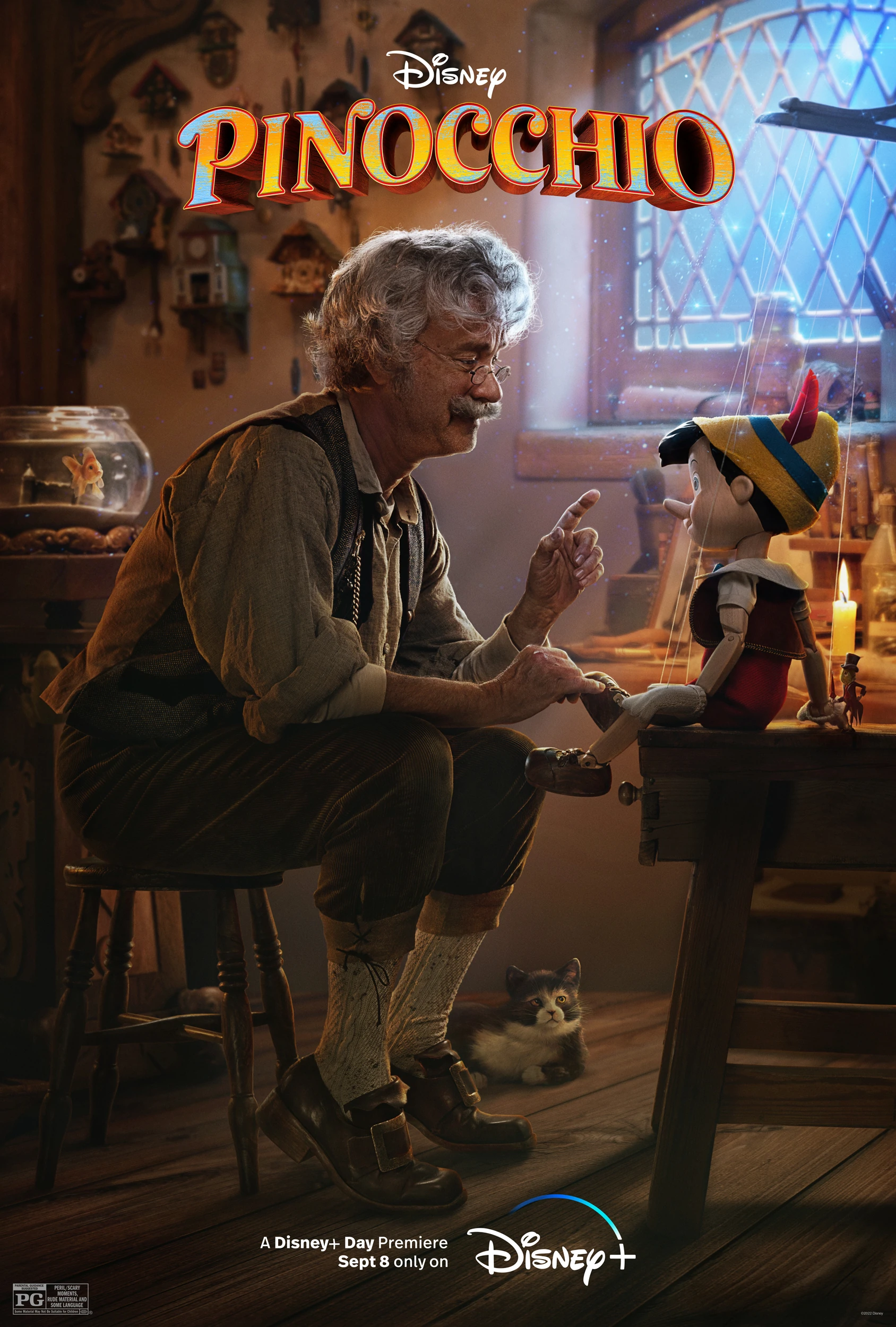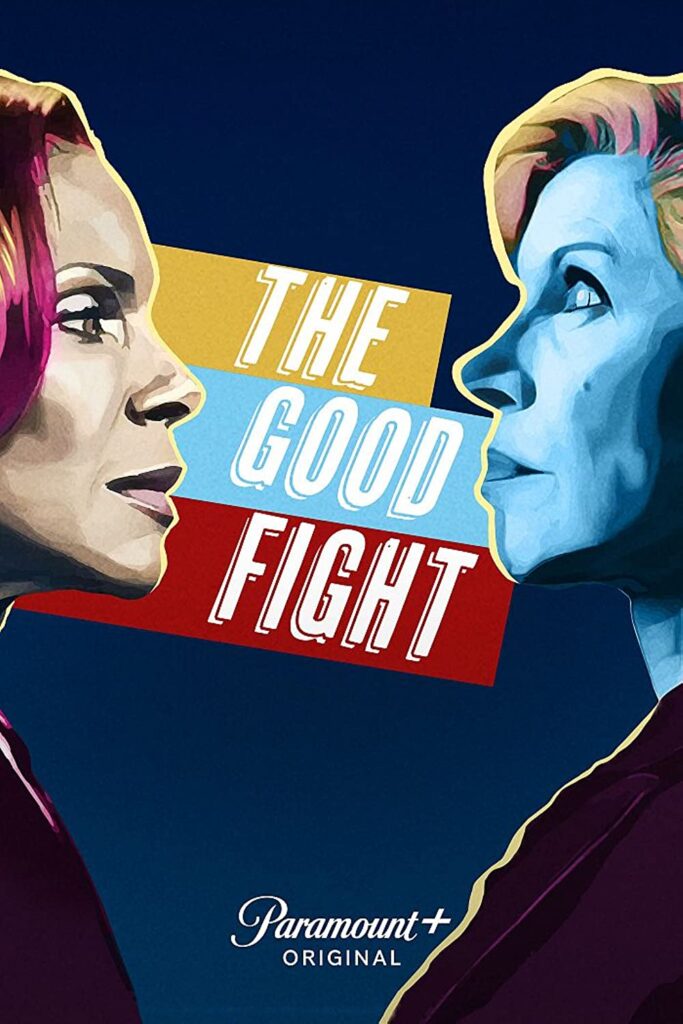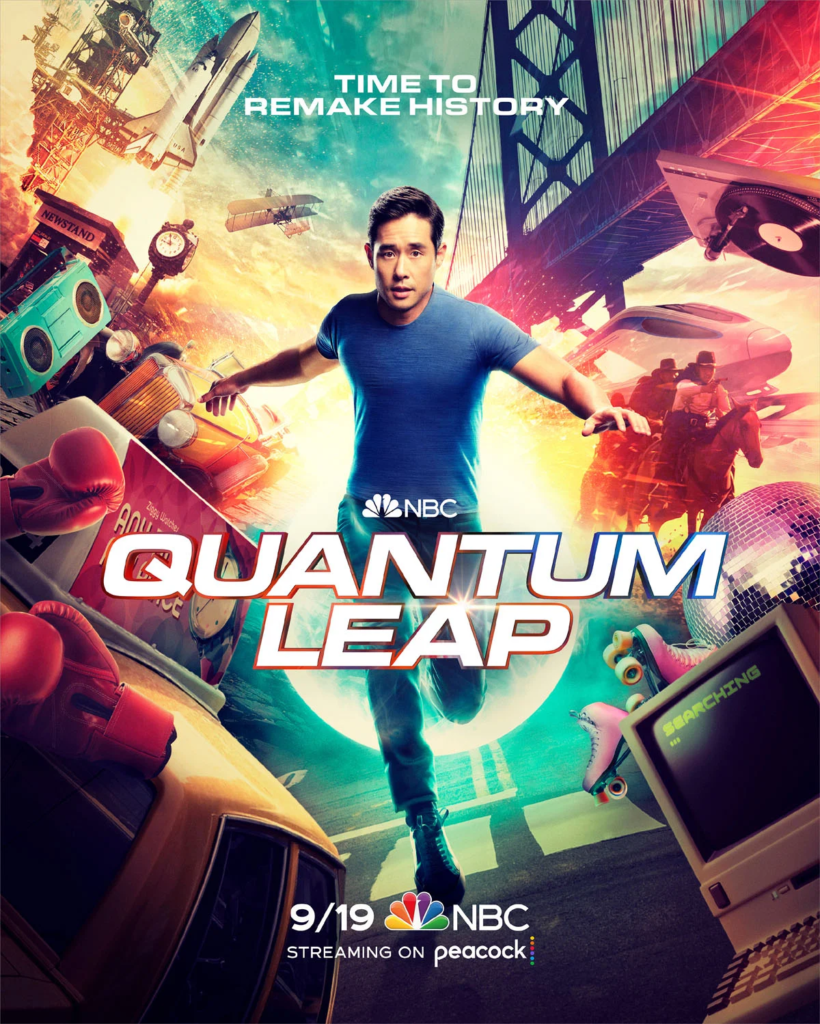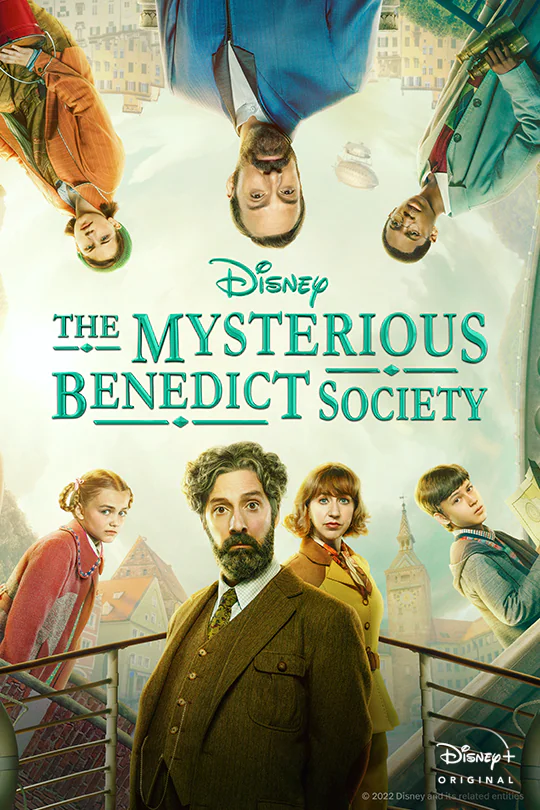Pick a Time. Any Time.
If you could have a week to live during any time period and pick your circumstances, when would it be?
I’d choose to be a middle class female in Harlem during the Renaissance.
According to what I’ve read about this time period, it seems like I’d probably be driven crazy after a while with people having the notion that women should stay in their place, but the way people moved in social circles and attended parties and things seems really interesting. The literature of that time was incredible in that Black people were finding their voice and finally being able to have it published and celebrated, (not like today where most of our fiction is just sex/relationship/controversy oriented).
I would have loved to battle with WEB Dubois and other elitist minds who thought they should lead black people to progress yet chose not to associate with them on a personal level.
Or talk to frustrated women like Nella Larsen who were SO intelligent yet not appreciated because of the views of women at that time.
I would want to bring Alice Ruth Moore (Dunbar Nelson) up from New Orleans and be like…”For real Alice? For true? You know you aren’t really Creole. Stop playing.”
I’d want to talk to Zora Neale Hurston and be like, “You know, they made a movie about your book in 2005 and they had this FYINE brother named Michael Ealy playing Tea Cake. Girrrl….”
And it would be interesting to tell all these people what black people were like in 2007 and see how they would react.
In the immortal words of Richard Pryor, I bet they’d be like…
“Well f*** it…”
I think it’s time for a new Renaissance. Everyone’s gotten complacent in today’s society. We need more books with substance. A new kind of expressive music. A revolutionary form of art….
Black people! Shoot, ALL PEOPLE! Let’s go! We got work to do!
Suggested Reading:
Quicksand – Nella Larsen
Nella Larsen’s first novel tells the story of Helga Crane, a fictional character clearly based on Larsen herself. Crane is the daughter of a Danish mother and a black father, who goes to various places and communities in search of somewhere she feels her home. Her travels bring her in contact with many of the communities Larsen herself knew. She begins in “Naxos”, a Southern Negro school based on Tuskegee University, where she finds herself unsatisfied with the complacency of those around her, mentioning a sermon by a white preacher telling them that their segregation of themselves into black schools was good sense, and that to strive for equality would be them becoming avaricious. Chicago, where her white relatives shun her; Harlem, where she finds a refined but often hypocritical black middle class obsessed with the “race problem”; Copenhagen, where she is treated as a highly desirable racial exotic; and finally the poor deep South, where she is disillusioned by people’s blind adherence to religion. In each of these searches, Helga Crane fails to find fulfillment.
The novel also tells the tale of Helga’s search for a marriage partner: it opens with her engaged to a prestigious Southern Negro man she does not really love, sees her turn down the proposal of a famous European artist, and ends with her seducing and marrying a Southern preacher. The novel’s close is deeply pessimistic as Helga Crane sees what began as sexual fulfillment turn into an endless chain of pregnancies and suffering.
Lyrics of Sunshine and Shadow: The Tragic Romance of Alice Ruth Moore and Paul Laurence Dunbar – Eleanor Alexander
The literary darlings of African American society in their day, authors Paul Laurence Dunbar (1872-1906) and Alice Ruth Moore (1875-1935) were frequently compared to the Brownings. They were hailed as the “ideal pair,” the model to which African American couples might aspire. In reality, however, their relationship was far from ideal: Dunbar, a heavy drinker and womanizer, raped Moore during their engagement and beat her during their marriage. This behavior finally led to their divorce in 1902. Alexander (history, Georgia Inst. of Technology) offers an engaging study of the couple’s courtship and marriage in light of the social customs of the period, both within and outside the African American community. She demonstrates the deleterious effects of race, class, and gender on the concept of romantic love at the turn of the century, skillfully blending her analysis with the couple’s letters, poems, and autobiographical statements, allowing them, for the most part, to tell their story in their own words.




